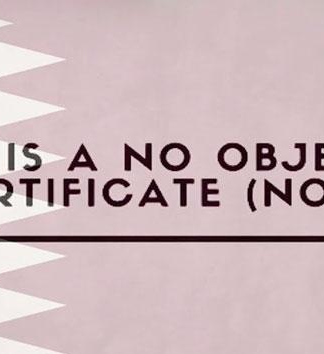NATURE AND ENVIRONMENTJAPAN
G7 minister pledge to speed up clean energy transition
21 minutes ago21 minutes ago
Environment ministers from G7 countries, which account for a quarter of carbon emissions, vowed to mainly “decarbonize power sectors” and eliminate new plastic pollution in their countries by the end of the next decade.
https://p.dw.com/p/4Q93v
The environment and energy ministers of the Group of Seven (G7) nations have pledged to speed up the transition to cleaner and more sustainable energy, according to a communique released on Sunday at the end of two-day talks in Sapporo, Japan.
The G7 officials said they would work towards “predominantly decarbonized power sectors” by 2035 while urging other countries to phase out new coal-fired power generation “as soon as possible.”
The meeting, however, failed to agree to any new deadlines on ending polluting power sources like coal. The ministers said they recognized the importance of “efficient, affordable and diverse” energy sources, but set no timetable for phasing out coal plants.
Japan wins energy security endorsement
The G7 countries, which include the US, Japan, Canada, Germany, France, Italy, and the UK, account for a quarter of global carbon emissions and 40% of the world’s economic activity.
“Recognizing the current global energy crisis and economic disruptions, we reaffirm our commitment to accelerating the clean energy transition to net-zero greenhouse gas (GHG) emissions by 2050 at the latest,” the communique read.
Japan, which relies on coal for almost a third of its power generation, won endorsement for its emphasis on “clean coal” and nuclear and hydrogen power.
Financial support for developing countries?
The statement did not include any specific funding commitments to help developing countries transition to cleaner energy, but Sultan Al Jaber, president-designate for the next UN climate talks — the COP28 — urged G7 nations to increase such support.
“We must make a fairer deal for the Global South,” he said. “Not enough is getting to the people and places that need it most.”
According to him, developed nations have a responsibility to fulfill their commitment of providing $100 billion (€90.06 billion) made during the 2009 COP15 meeting.
Chinese President Xi Jinping and Brazilian President Luiz Inacio Lula da Silva issued a joint statement saying “We remain very concerned that funding provided by developed countries continues to fall short of the commitment of $100 billion per year.”
Eliminating new plastic pollution by 2040
The talks also saw the G7 environment and climate ministers pledge to eliminate new plastic pollution in their countries by 2040.
Germany, France, Canada, Britain and the EU had already made the commitment, but this was the first time the remaining G7 members, Japan, the US and Italy, had done so.
German Environment Minister Steffi Lemke hailed the bloc’s new plastic pollution pledge as an “ambitious goal.”
According to the Organisation for Economic Cooperation and Development (OECD), global plastic waste has doubled in the last two decades and only 9% is successfully recycled.
The UN has predicted that the volume of plastic entering the oceans will almost triple by 2040.
Energy Transition? The U.S. and Oil
12:29
ss/sms (Reuters, AFP, AP)






























